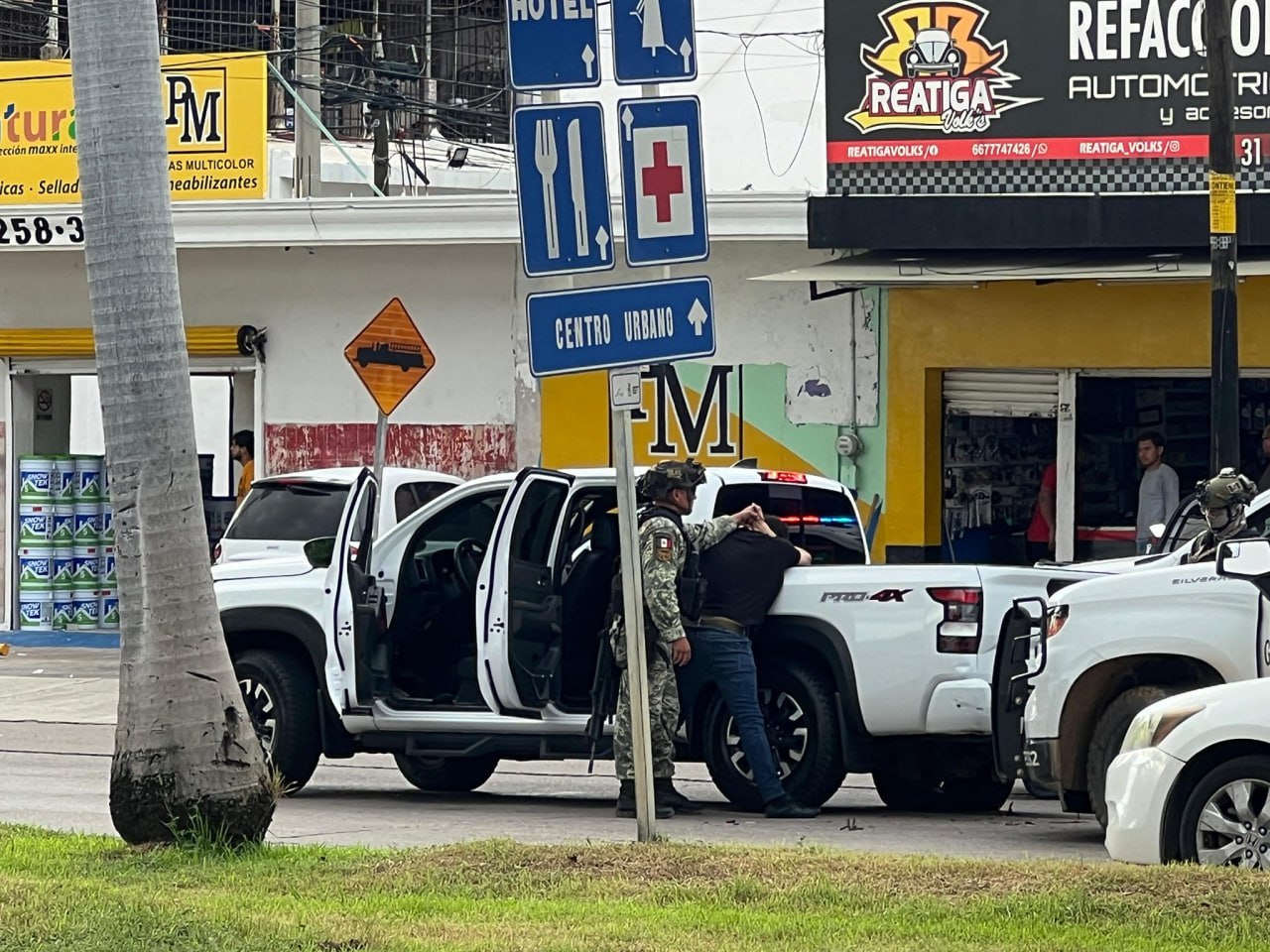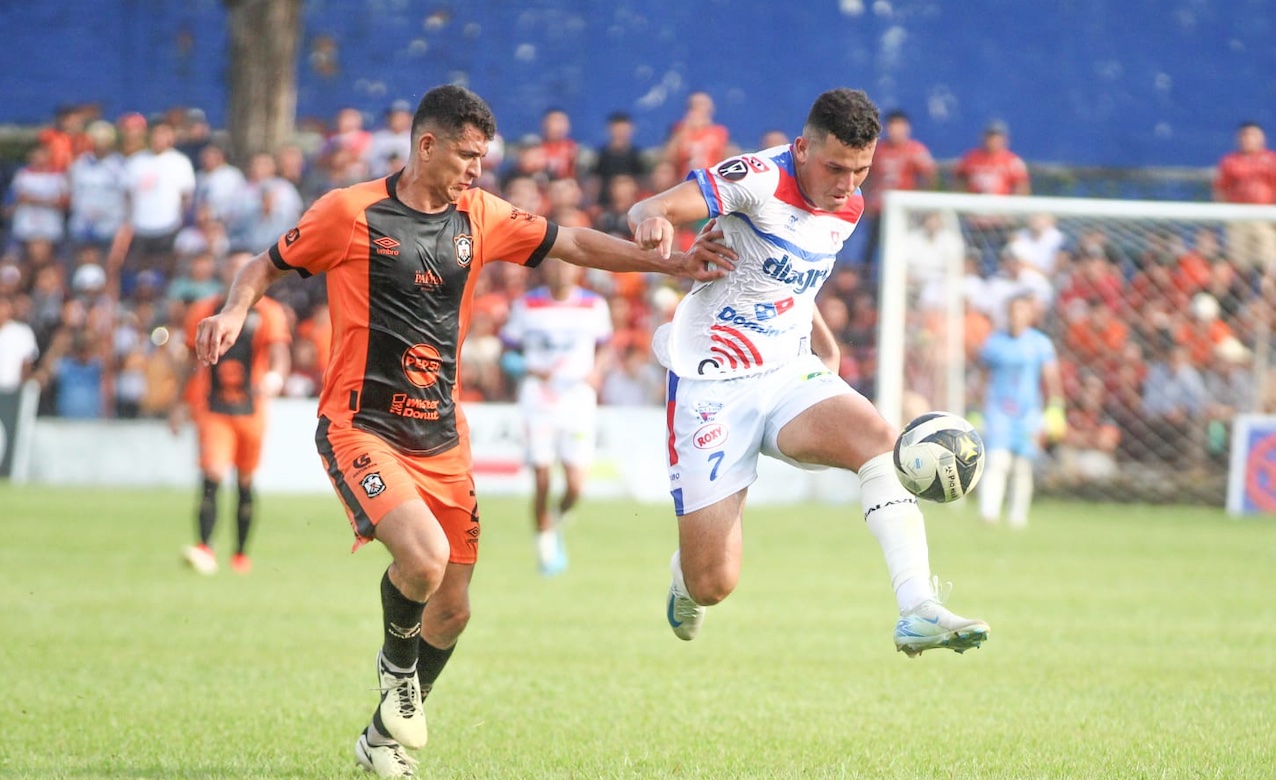Armed clashes, kidnappings and 15 deaths: the internal rivalries that have been shaking the Sinaloa cartel, one of the most violent criminal gangs in Mexico, for days, paralyzed Culiacán, the capital of the state of Sinaloa, on Friday, turning it into a city under siege.
The violence has affected more than a million people in this state in northwestern Mexico, home to powerful criminal groups fighting for control of the territory. As a result of the controversy, independence celebrations have been cancelled, classes have been suspended and the economy is reeling.
The best known is the Sinaloa cartel of Joaquín “El Chapo” Guzmán, imprisoned for life in the United States for drug trafficking.
Since September 9, the armed conflict between two rival groups within the cartel has led to at least 13 clashes.
The violence has left 15 people dead, another 20 forcibly disappeared and 12 more injured, considered innocent victims, according to the local prosecutor’s office.
El Mayo’s arrest sparked violence
The violence “stems” from the arrest on July 25 in the United States of Ismael Zambada García, known as “El Mayo,” said the governor of Sinaloa, Rubén Rocha Moya.
Former partner of “El Chapo” and co-founder of the Sinaloa cartel, “El Mayo” was arrested with one of Guzmán’s sons, whom he accuses of treason.
The violence is “certainly” a consequence of the conflict between the followers of “El Mayo” and the supporters of the “Chapitos,” as the sons of “El Chapo” Guzmán are known, the governor admitted when questioned by journalists.
In a statement, the State Department asked U.S. citizens not to travel to Sinaloa, where it reported “carjackings, shootings, security force operations, roadblocks, and vehicle fires.”
Classes and national celebrations suspended
Due to the violence, local authorities have ordered the suspension of school activities on Thursday and Friday.
As of Monday, September 9, 30% of minors did not attend school, according to data from the Ministry of Public Education.
On Tuesday, the violence continued, with clashes in shantytowns around the city of Culiacán and in municipalities such as Elota and Cosalá. Absenteeism reached 50%, according to authorities.
For the first time in 18 years of the so-called “war on drugs,” authorities announced the cancellation of the Mexican Independence Day celebrations in the capital of Sinaloa, which are being held this Sunday in Mexico.
“I want to announce that we have decided that the celebration of the Grito (of Independence) on September 15 will be suspended, there will be no celebration, neither public nor private,” said the governor of Sinaloa.
Trade also closed its doors
Fear has also impacted the local economy.
Hundreds of shops have been closed since Monday 9 September and there are supermarkets that are experiencing food shortages due to widespread panic buying.
According to small business owners in Culiacán, there are 2,000 people who decided to quit their jobs.
“Workers do not feel safe going to work, and employers are also facing difficulties in operating under these adverse conditions,” reads a statement from the National Chamber of Commerce.
According to Isabel Ibarra, president of the College of Economists in Sinaloa, daily losses for a day without normal work are around 567 million pesos (29.51 million dollars).
Lopez Obrador calls for “responsibility” from criminals
Mexican President Andrés Manuel López Obrador mentioned “some problems” in Culiacán during his regular press conference.
“There is the Army, there is the Navy, there is the National Guard,” said the president, asking the inhabitants “to act with caution, but without alarmism.”
AMLO also asked the groups in conflict to “act with a minimum of responsibility.” “It is your family, it is your fellow countrymen; it is your municipality, it is your state, it is your country.”
Located near the Pacific coast, Culiacán also recorded a high level of violence in early 2023 when security forces arrested one of “El Chapo” Guzmán’s sons, Ovidio, who was extradited to the United States.
In total, 29 people were killed during the “Culiacanazo” of January 5, 2023, of which 10 were military personnel.
The capital of Sinaloa also experienced another “Culiacanazo” in 2019, in a first attempt to arrest Ovidio Guzmán. The son of “El Chapo” was later released to avoid further violence and more deaths, President López Obrador explained at the time.
#Terror #violence #Sinaloa #Cartel #paralyze #Culiacán #Diario #Página


